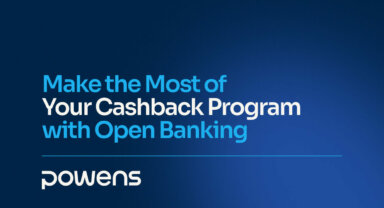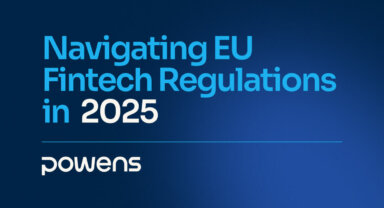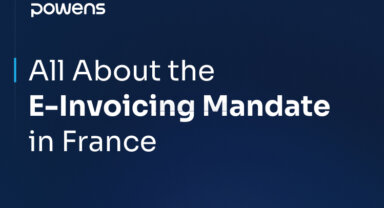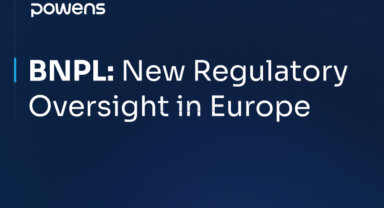Key Players in Open Banking: From Fintechs to Traditional Banks
Open banking, a revolutionary concept in the financial services sector, is reshaping how data is shared and utilized across the banking and fintech ecosystem. It hinges on the use of application programming interfaces (APIs) to enable third-party developers to build applications and services around the financial institutions.
This shift towards more open, secure, and accessible financial data has paved the way for unprecedented innovation, competition, and collaboration among banks, fintech companies, and other financial service providers. In this context, several key players have emerged, ranging from pioneering fintechs to traditional banks embracing digital transformation.
This article explores some of these key players, highlighting their contributions and roles in the evolving landscape of Open Banking.
Fintech Innovators
- Plaid: A frontrunner in the fintech space, Plaid provides APIs that allow other fintech companies to access banking data with the consumer’s permission. It acts as an intermediary between financial institutions and third-party apps, facilitating a seamless exchange of financial information. Plaid’s technology is pivotal for many personal finance and budgeting apps, making it a cornerstone of the open banking ecosystem.
- Revolut: Starting as a digital banking app, Revolut has expanded into a comprehensive financial platform offering a range of services from currency exchange to budgeting tools. Through leveraging open banking APIs, Revolut provides its users with a holistic view of their finances, enabling better financial management and decision-making.
Powens: Powens is one of the first Open Finance platforms in Europe, enabling companies to easily access & process payments account and beyond-PSD2 data, covering savings, investment, benefits accounts, trading accounts, and even cryptocurrency wallets.
Traditional Banks Embracing Change
- HSBC: As one of the world’s largest banking and financial services institutions, HSBC has taken significant steps towards embracing open banking. Through its developer portal, it provides access to APIs that allow third-party developers to create innovative services and applications, facilitating a more integrated financial services experience for its customers.
- Barclays: Barclays has been proactive in the open banking space, launching its own open banking platform that allows customers to manage their financial life more effectively. Through this platform, users can securely share their financial data with third-party providers, access a wide range of financial products, and enjoy a more personalized banking experience.
- BBVA: The Spanish multinational bank BBVA is a leader in digital banking and has been at the forefront of the open banking movement. It offers a wide range of APIs in areas such as payments, customer acquisition, and financial aggregation, enabling it to collaborate with fintechs and other partners to deliver innovative financial solutions.
Regulatory Bodies
Regulatory bodies are pivotal in shaping the landscape of open banking, extending their influence beyond individual companies. For example, the European Union’s PSD2 and the UK’s Open Banking Implementation Entity (OBIE) have laid down legal and technical standards that foster the development and adoption of open banking. Additionally, the forthcoming PSD3 and PSR are poised to revolutionize European payment services. Expected to be implemented around 2026, these regulations aim to combat fraud, bolster consumer rights, promote open banking, and impose stricter regulations on Payment Service Providers (PSPs).
Together, these entities ensure the ecosystem operates securely, uniformly, and with a focus on consumer welfare, setting the stage for its ongoing expansion and evolution.
Reshaping banking
The open banking ecosystem is rich and diverse, with each player bringing unique value and innovation to the table. From fintech startups like Plaid revolutionizing access to financial data, to traditional banks like HSBC and Barclays innovating from within, the landscape is rapidly evolving. As regulatory frameworks continue to develop and technology advances, we can expect to see even greater collaboration and innovation in the financial services sector. The key players in open banking are not just reshaping the way financial services are delivered; they are redefining the very nature of banking in the digital age.
Ready to embrace the future of finance and elevate your business to new heights? Take the first step by scheduling a personalized demo with our experts – let’s make Open Banking work for you!
Get started with Powens today.
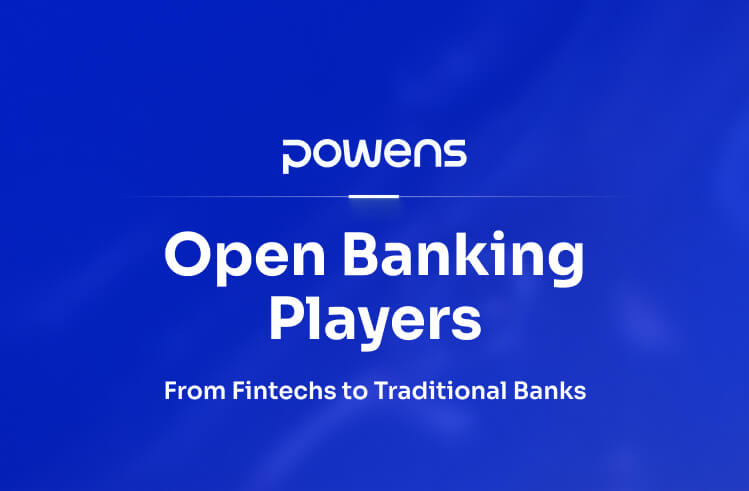

 Nov 13, 2023
Nov 13, 2023 





